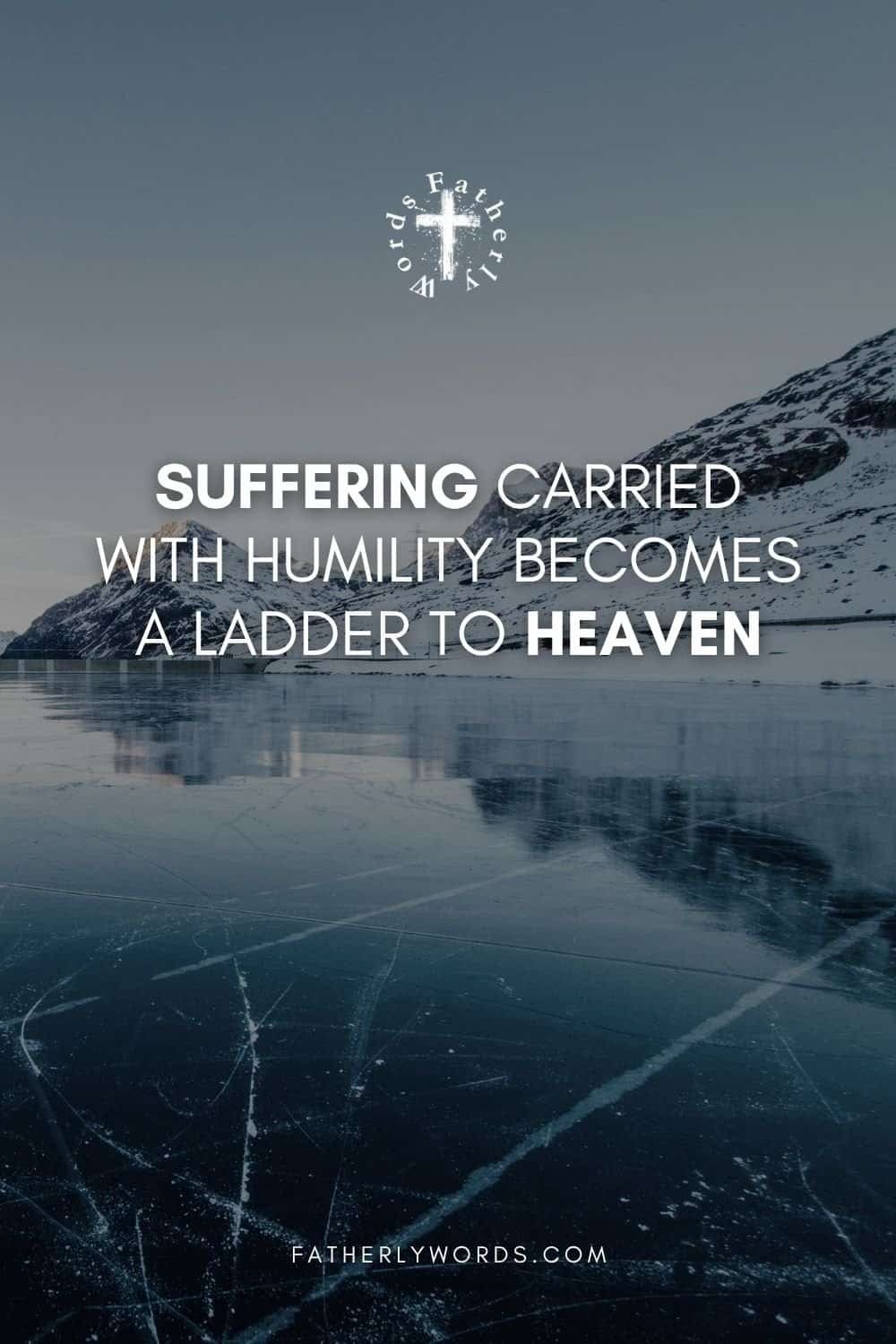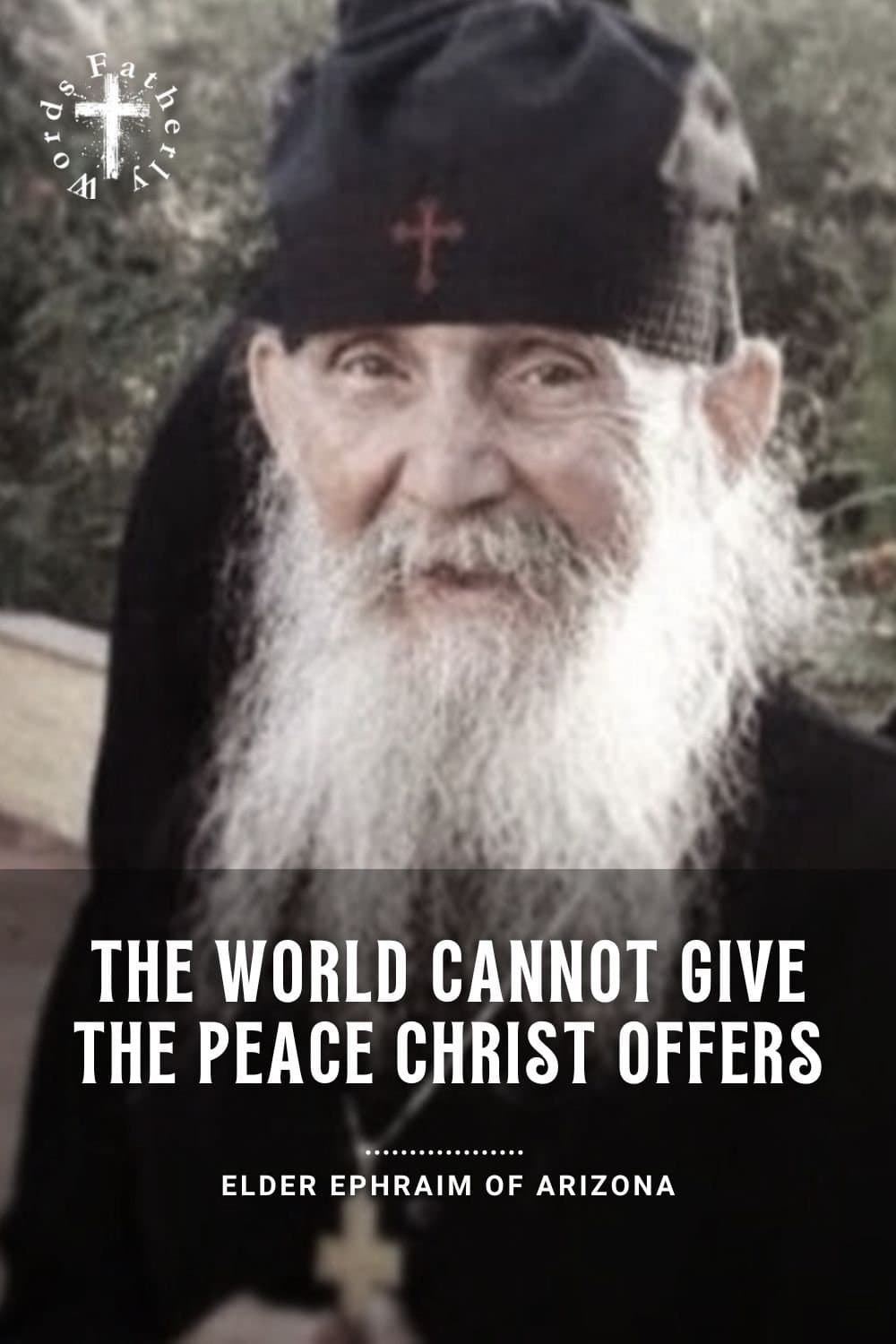The Great Command Of Christ
Before His Ascension, the Lord Jesus Christ commanded His disciples:
“Go therefore and make disciples of all nations, baptizing them in the name of the Father and of the Son and of the Holy Spirit, teaching them to observe all that I have commanded you”
Matthew 28:19–20
These words are the foundation of mission in Orthodox Christianity.
They are not a command to conquer, manipulate, or force, but to invite every human being freely into the life of the Church.
This command reveals the heart of Orthodox Christianity: salvation is a gift offered, not a prize taken.
Faith cannot be compelled. The Church has always known that the Gospel spreads not by violence but by love, not by coercion but by witness. Christ never forced anyone to follow Him. He called and invited, but He left each person free to respond.
This same freedom defines the Orthodox way of evangelism.
The Apostolic Example Of Mission
The Apostles provide the perfect example of true evangelism. They had no armies, wealth, or worldly influence. They carried the memory of the Resurrection, the power of the Holy Spirit, and their own lives as witnesses to Christ. Their mission was marked by humility and sacrifice.
Saint Paul describes this when he writes:
“We preach not ourselves, but Christ Jesus the Lord, and ourselves your servants for Jesus’ sake”
2 Corinthians 4:5
The Apostles served the people they evangelized. They lived among them, sharing both joys and sufferings. Their words carried weight because their lives reflected Christ.
From Jerusalem to Antioch, from Corinth to Rome, the Apostles proclaimed Christ crucified and risen, offering salvation freely to all.
Many rejected them, some persecuted them, but they never used force to compel faith.
The Orthodox Church continues this same apostolic mission today.
Why The Gospel Cannot Be Forced
Orthodox Christianity rejects any form of forced conversion. The truth of Christ is too sacred to be imposed. The Psalmist says:
“Thy people shall be willing in the day of Thy power”
Psalm 109:3, LXX
Willingness is the mark of true faith. Without freedom, faith becomes an empty shell.
Even when great crowds followed Him, Christ never manipulated them. In John 6, when many were scandalized by His words about the Bread of Life and left Him, He did not chase them or force them to remain. He simply turned to His disciples and asked:
“Will you also go away?”
John 6:67
Saint John Chrysostom explains:
“Christ persuades, He does not compel. He shows the way and invites all, but leaves the choice free.”
Orthodox Christianity follows this path. True faith is born only when a person freely chooses Christ.
The Spirit Of Love In Orthodox Evangelism
The true power of evangelism is love. Saint Seraphim of Sarov said:
“Acquire the Spirit of peace, and thousands around you will be saved.”
This means that holiness, prayer, and love are the most effective tools of mission.
Missionaries of Orthodox Christianity do not enter lands as rulers but as servants. They live with the people, learn their language, share their struggles, and reveal the love of Christ through compassion.
Love makes the Gospel believable. Where there is no love, evangelism becomes empty words.
The Apostle Paul became:
“all things to all men, that I might by all means save some”
1 Corinthians 9:22
This does not mean compromise, but humble love that meets people where they are and gently leads them to Christ.

The Role Of Patience And Time
The work of mission is slow. Orthodox Christianity never seeks quick results. The Apostle Paul says:
“I planted, Apollos watered, but God gave the increase”
1 Corinthians 3:6
Missionaries may labor for decades without seeing great numbers, but the seed planted will bear fruit in God’s time.
Patience protects the Church from shallow conversions. When people are rushed or pressured into baptism, their faith often withers. True evangelism gives time for hearts to open freely.
Saint Innocent of Alaska spent years simply learning the language and living with the native peoples before he ever preached formally. His patience bore lasting fruit, as whole communities embraced the faith sincerely.
The Witness Of Holy Missionaries
The saints of mission embody this patient love.
Saint Nicholas of Japan, a Russian Orthodox priest, monk, and bishop, lived more than fifty years in Japan, building the Church slowly through respect and humility. He never sought to destroy the culture but to sanctify it with the light of Christ.
Saint Herman of Alaska, another Russian Orthodox monk, lived among the Aleut people as a father, not as a conqueror. He defended them against exploitation, cared for their sick, and taught them to pray. His holiness, not his arguments, converted hearts.
The history of Orthodox Christianity is filled with such witnesses. Their lives show that mission is not about numbers or influence but about bringing the presence of Christ into every land.
The Power Of Worship In Mission
The Divine Liturgy itself is a form of mission. When seekers enter an Orthodox church, they encounter beauty, reverence, and the presence of God. The Psalms declare:
“O taste and see that the Lord is good”
Psalm 33:9, LXX
The Liturgy allows people to taste and see the Kingdom of God here on earth.
Icons, hymns, incense, and the Eucharist all reveal the truth of Christ in a way that words alone cannot.
Many have been converted simply by witnessing the beauty and holiness of Orthodox worship. The Liturgy is itself an act of evangelism, opening hearts to Christ without compulsion.
Sacrifice As The Mark Of Mission
Mission always requires sacrifice. Christ said:
“Whoever does not bear his cross and come after Me cannot be My disciple”
Luke 14:27
Missionaries leave behind comfort, family, and safety to bring the Gospel to others.
Saint Cosmas of Aetolia traveled through villages in Greece, enduring hardship and rejection, but always speaking with love.
Saint Cyril and Saint Methodios faced countless struggles in their mission to the Slavs, but they gave the people the Scriptures in their own language. Such sacrifice reveals the truth of their message.
Evangelism without sacrifice is empty. The willingness to suffer for the sake of others shows that the Gospel is real.
Differences Between The Modern World And Orthodox Christianity On Evangelism
- The world uses manipulation, while Orthodox Christianity uses truth.
- The modern world spreads ideas through power and force, but Orthodox Christianity spreads faith through freedom and love.
- The world measures success by numbers, while Orthodox Christianity measures success by holiness and transformation.
- The world imposes conformity, while Orthodox Christianity invites personal conversion.

- The world seeks domination, while Orthodox Christianity seeks service.
- The world trusts technology alone, while Orthodox Christianity trusts the Holy Spirit.
- The world wants speed, while Orthodox Christianity values patience.
- The world promotes self-interest, while Orthodox Christianity demands sacrifice.
- The world forgets eternity, while Orthodox Christianity points to eternal life.
- The world honors human power, while Orthodox Christianity honors the Cross.
The Goal Of Mission In Orthodox Christianity
The ultimate goal of mission is union with Christ in His Church. It is not about building empires or spreading influence, but about bringing people into communion with God.
Mission leads to baptism, to prayer, to the sacraments, and to a life of holiness.
This goal means that mission belongs not only to missionaries but to every Orthodox Christian. Each believer is called to be a witness, living in such a way that others can see the light of Christ.
“Let your light so shine before men, that they may see your good works and glorify your Father in heaven”
Matthew 5:16
Evangelism is therefore a way of life, not only a task.
A Word For Orthodox Parents Explaining To Their Children
Parents can say to their children: “To tell others about Christ is like sharing the best gift. But we never push anyone. We only invite with love.
Just as you share your toys or your food with joy, we share Jesus by showing kindness, by praying, and by living the way He taught us.
If others want to know Him, they will choose it freely. That is what it means to do mission without force.”